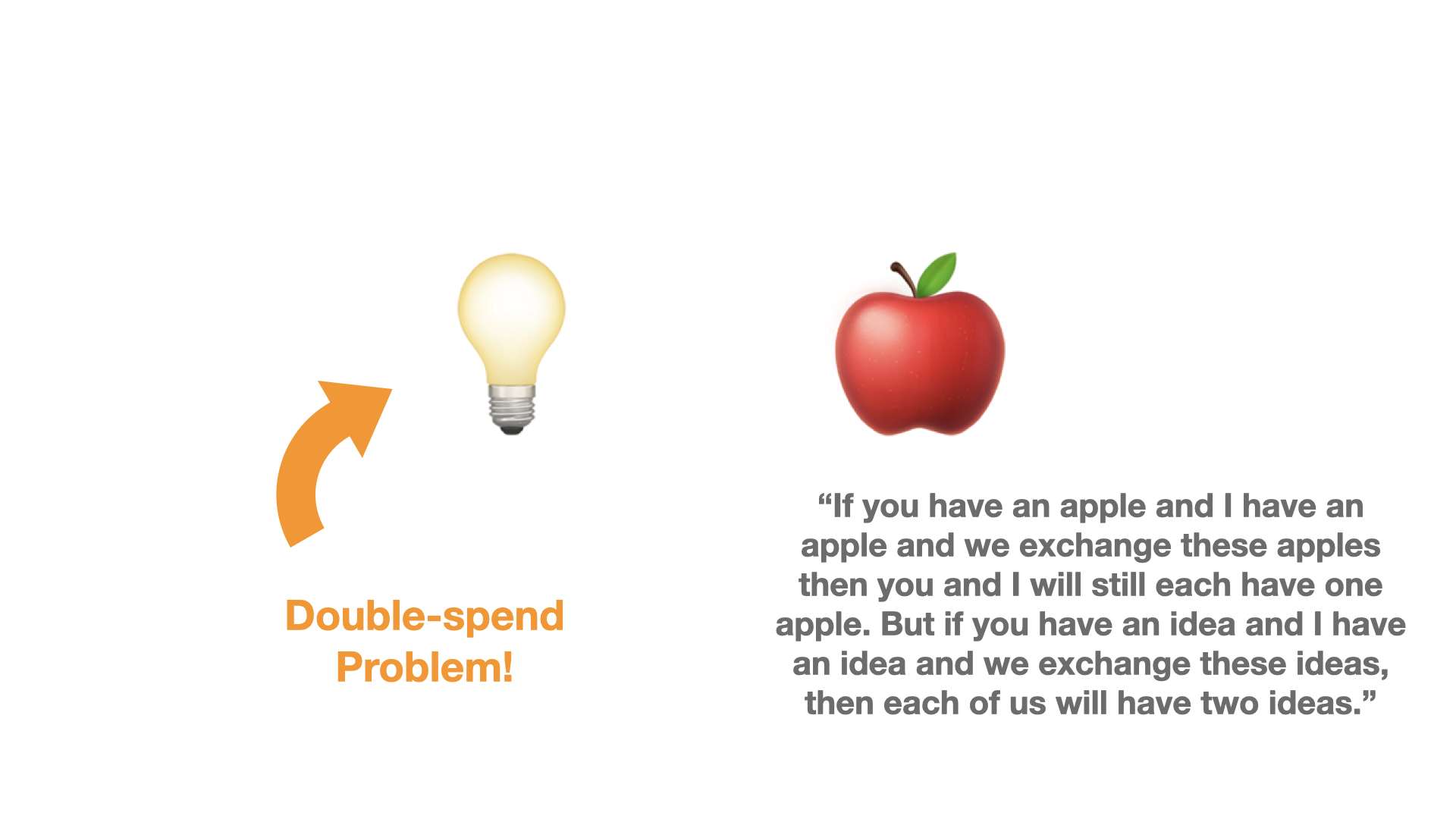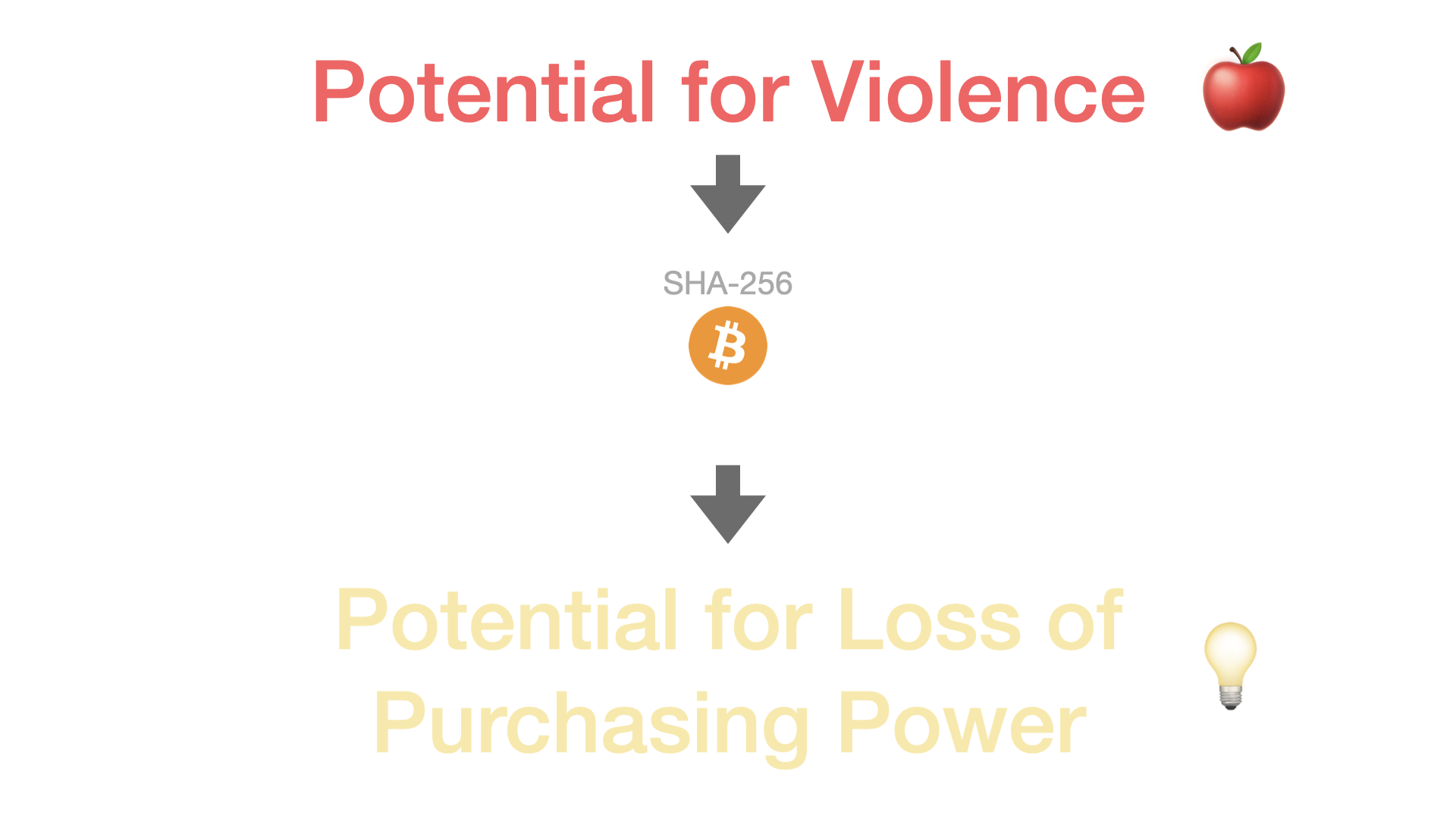producing kinetic brute-force physical power for strategic defense is something nations already do
Yes, they do that. They do so via a show of force, implying “do as we say, or else…”
Bitcoin is very different. It's not about “I have the longer stick”—it’s about producing a real, costly signal. A signal that can’t be argued with and happens to protect everyone else that participates in the system.
Why produce this signal?
Three reasons:
The above three are technical and monetary answers.
There is also a “political” answer, which is censorship resistance. If you can’t find a miner to bribe you’ll have to mine yourself. You can focus on that, sure, but this doesn’t make it a sword or war-like.
You are stuck in the paradigm of war, which is indeed the continuation of policy by other—violent—means. However, Bitcoin is not “war” in any traditional sense. Bitcoin is non-violent. It is like a game of correspondence chess. So: why call it war?
My detailed response is contained in Inalienable Property Rights and goes like this: bitcoin is non-violent play, a game of message passing that makes the threat of violence impotent.
the threat of violence is impotent because violence is impossible, and violence is impossible because its participants cannot be linked to their true names or physical locations.
In Bitcoin, True Names are not required.
Conflict resolution implies violence, but only in the physical realm. In the informational realm, conflict resolution needs to be done differently because information can never be scarce—it can only be secret.
This is why we have to hash it out, pun intended.
We probably agree on more things than we disagree on, I just heavily disagree with the framing of violence and war as I have said multiple times in the past.
It boils down to what Appelbaum has said:
No amount of violence will ever solve a math problem.
It truly is apples and oranges, and since this is Bitcoin, oranges are ideas.
I don't "own" the number 3; you can't violate this "property" of mine. Thoughts and things are different, and Bitcoin ultimately operates in the realm of thoughts. It is substrate-independent.
We must accept that the nature of information is very different from the nature of physical objects. While you can own an apple, you can’t own a word or a number in any meaningful sense. If you want to exclusively know something, then you must not share it. You must keep it secret. As George Bernard Shaw so succinctly put it: ‘If you have an apple and I have an apple and we exchange these apples then you and I will still each have one apple. But if you have an idea and I have an idea and we exchange these ideas, then each of us will have two ideas.’

Once any dispute is settled—via what Adam Gibson called the "reification of information"—we move permanently from the physical to the informational. That's why you can have 12 words in your head; 12 words that represent value directly.
Because the information speaks for itself, once a valid block is found, we move from the domain of violence to the domain of ideas. The work is done, the word has been spoken, and as soon as this information propagates to other players, the cat is out of the bag. Flesh became Word, and words—like ideas—are bulletproof.

Yes, Bitcoin settles disputes extra-legally, i.e., outside of the law. But it does so non-violently. Further, it doesn't do it because of any deliberate property violation. It does so out of necessity.
The need to settle disputes arises naturally through the physical limitations of information propagation. It is impossible to have a globally synchronized state at a single time. Our universe forbids it. That's why we will always have orphan blocks.

While Bitcoin is just information, there are real physical limits that all decentralized systems will run in to. One limit is the speed of light and thus the time window in which consensus can be reached.
The probabilistic nature of this dispute settlement is also what makes "attacks" via pure hash-force not very meaningful, and the economic nature of PoW makes disruption not very sustainable long-term, as Adam Back pointed out:
They lose money due to second order effects and anti-fragile reactive extra lines of defense, so they still lose, for someone who thinks a few moves ahead in the economic game theory. Firstly they impact bitcoin price and confidence potentially, hurting their payout, and value of their $10bil+ of ASICs and power infrastructure. Secondly, the network will reactively defend, e.g. by mutual defense agreement to periodically call RPC invalidateBlock on attack blocks until the attacker runs out of money and resolve. So I think in reality bitcoin is more secure than first order thinking assumes.
In conclusion: if you're hell-bent on using the language of war because it is the only way to convince the US military to start mining, so be it.
That doesn't make hashing violent, though, or Nakamoto Consensus a massacre, or the timechain a battlefield.
Let's reserve all these war terms for meatspace, where actual bullets and actual bombs kill actual people, shall we? Words are not violence, and Bitcoin is just that: all text, all the time.
Peace & Love.
Not violence & war.
🙏🧡
🧡
Found this valuable? Don't have sats to spare? Consider sharing it, translating it, or remixing it.Confused? Learn more about the V4V concept.